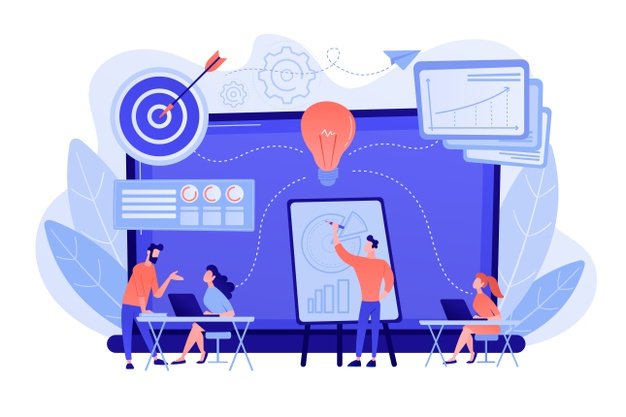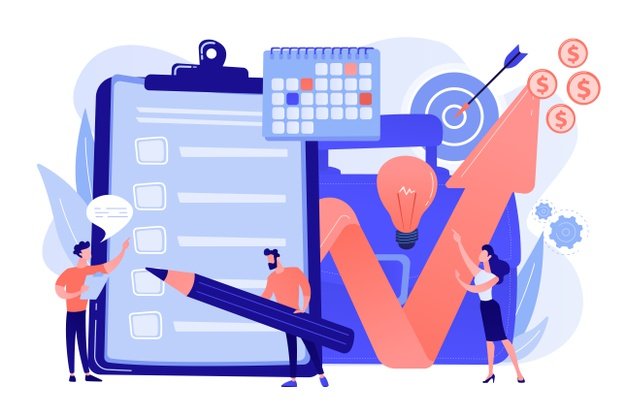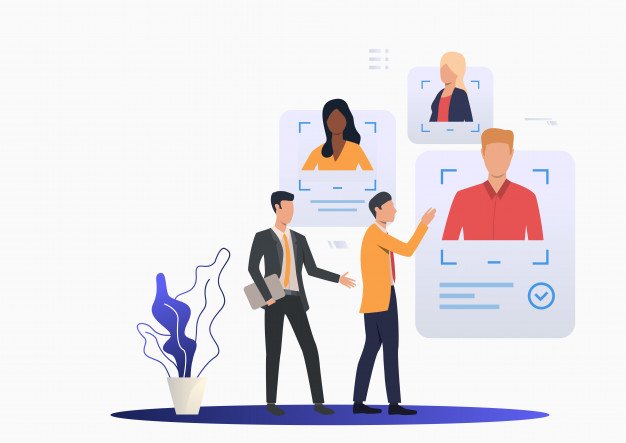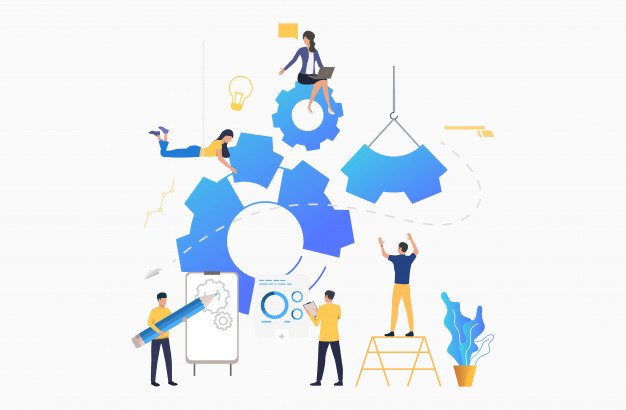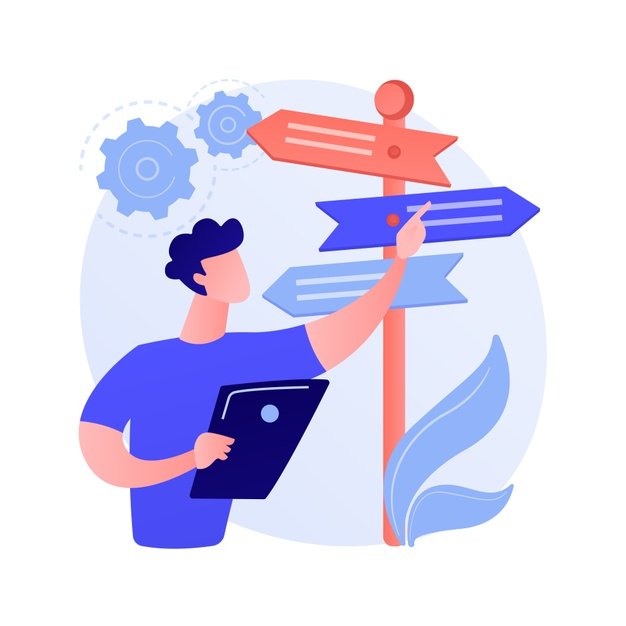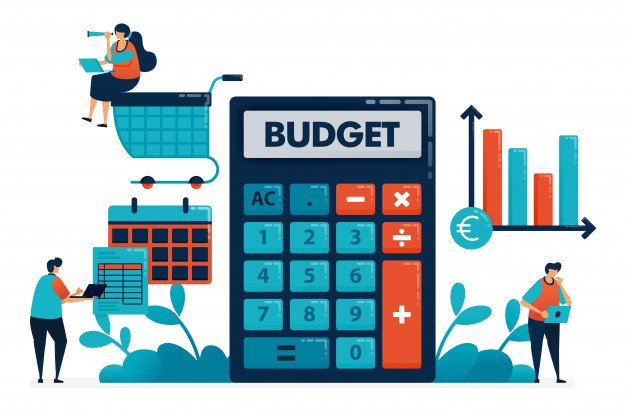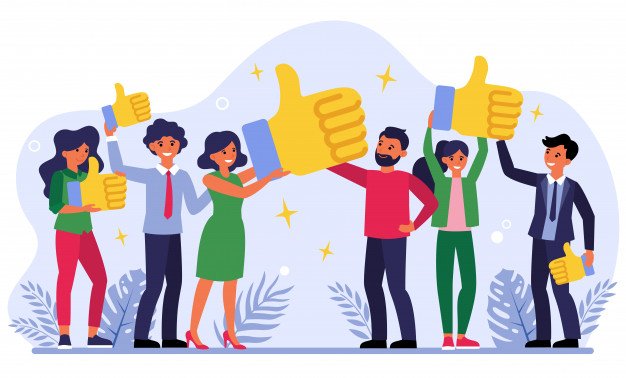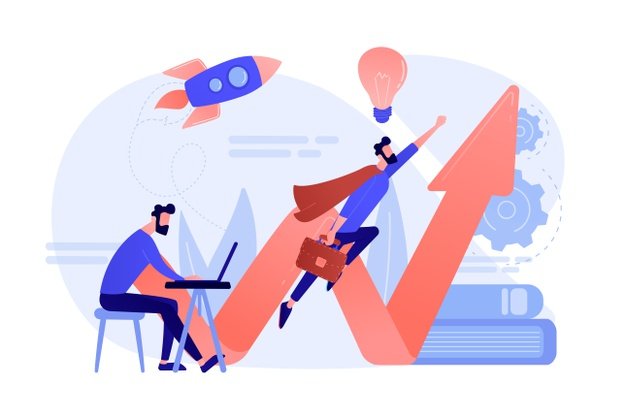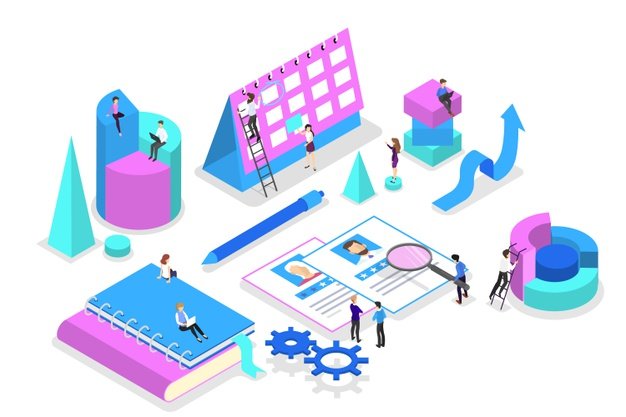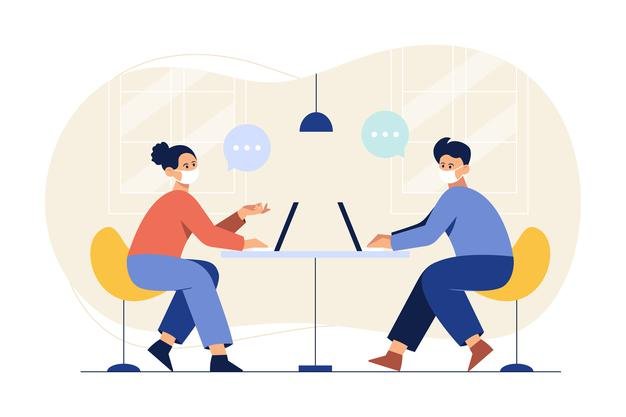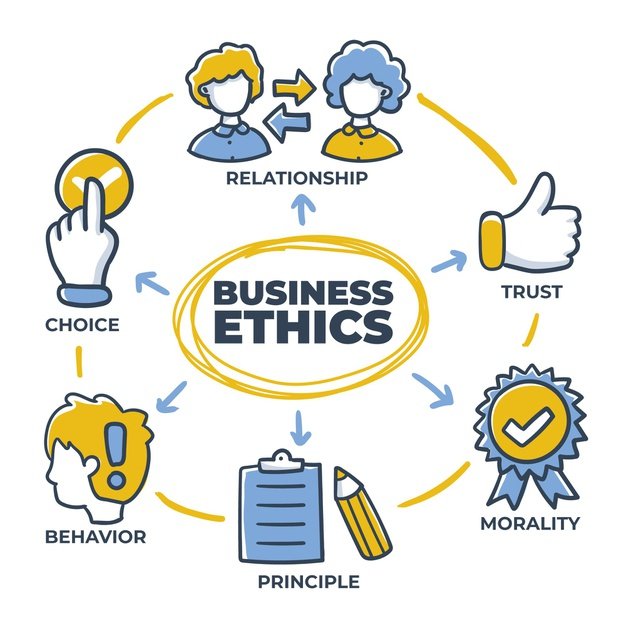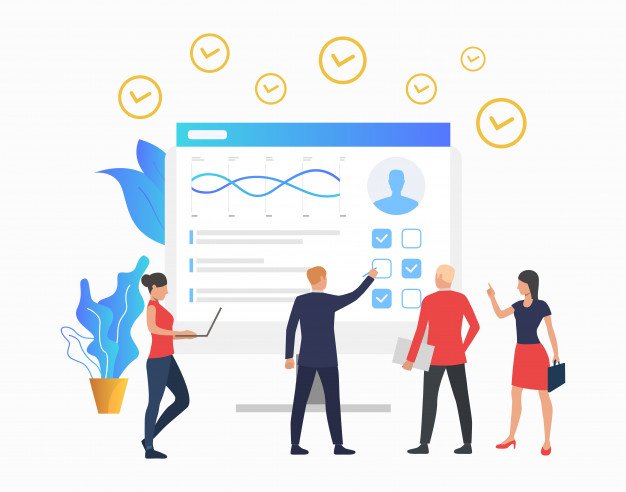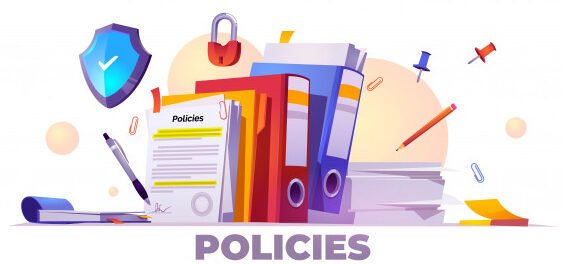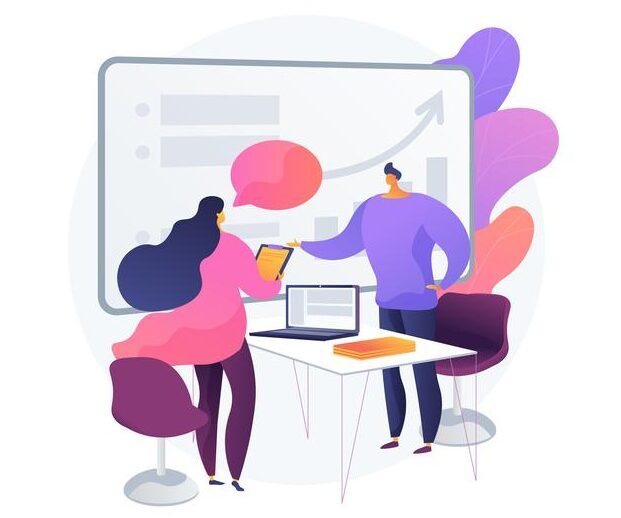Human Resources as a department is responsible for directing the functions of an organisation. Within HR, you have departments and functions like payroll, benefits, compensation, talent acquisition, training and development, and employee relations. All of those departments make a vast umbrella of Human Resources. The importance of HR is ultimately to add value to the organization and minimize risk. When a business has valuable, rare and unique human resources, it will always have a competitive advantage over other similar organisations. Many high-functioning organisations now know that their success depends on the knowledge and skills of their employees, which is their human capital.
The relationship between the organisation and its employees, and between employees, is highly dependent on the HR. From management and conflict resolution to health and safety, to legal compliance and budgets, everything falls within the responsibilities of the HR department of an organisation. Day to day Human Resource is very important for the organisation to get more powerful and develop itself to meet the standards and attain success.
We have compiled a list of 25 reasons that make HR very important for an organisation.
-
Key role in development.
Human Resources plays a key role in developing, reinforcing and changing the culture of an organisation. People as HR are important because they can make the best uses of their intellectual nature to create more resources by applying knowledge, skills and technology. Improving the quality of people’s skills so that they are able to create more resources is known as Human Resources Development.
-
Sustainability to an organisation.
There are many different types of companies that operate in the world and also compete against each other to gain competitive advantage and to also become sustainable. Sustainability is the main part that can be influenced and encouraged to reach the organisational goal. To reach the goal of the organisation, HR plays an important role to help people run the business and create a good business environment for smooth functioning.
-
The invisible backbone of an organisation.
Human Resources is a part of all our businesses whether it is just you working or whether it is 5000 people working. Human Resources are important because it sets up the structure of your organisation. It decides whether or not your business is going to survive. It is vitally important for an organisation because it gives us clarity, content and consistency which allows us to have great companies.
-
Strategy alignment
Work design, Workforce planning, managing employee competencies and encouraging the right employee attitudes and behaviours must align with each other to be effective. If an organisation’s goal is to help customers and reach a global audience then HR would look at the best strategic business practices to create the best environment for the achievement of these objectives. HR looks to align the strategy and practice to enable the best people that fit the role. For sales and marketing, their passion and work goes into targeting and securing potential customers and for HR, passion and work goes into targeting and securing potential employees.
-
Job Design
This part of HR management is also important to an organisation because job design involves deciding what employees will do on a day to day basis. They also look out how jobs are interconnected. Managers may design similar jobs in different ways at different companies because no one design solution fits all. They decide the simplicity or complexity of a task and how many tasks can employees perform and how much flexibility should be provided to the employees and how they carry out all those tasks.
-
Administration
Administrative role of HR management of an organisation involves processing information and record keeping. This role has given HR management in some organisations the reputation of being staffed by people who primarily tell managers and employees what can not be done usually because of some policy or problem in the past. If limited to the administrative role, HR staff members are often clerical and lower-level administrative aids to the organisation.
-
Operational role
The operational role requires the HR function to cooperate with various managers and identify as well as implement needed programs and policies in the organisation. Operational activities are operational in nature because they affect how the work gets done. Compliance with equal opportunity and other laws ensures employment applications are processed and current openings are filled through interviews, supervisors are trained, safety problems are resolved.
-
Strategic role
This is also a very important reason HR is important to an organisation because the strategic role for HR involves addressing business realities. It also involves focusing on future business requirements and understanding how the management of human capital fits into the organisation’s plans. HR managers are increasingly being seen as strategic contributors to the success of organisations. HR is involved in devising and implementing the organisational strategy to reach the goal.
-
Risk and compliance management
The employee lifecycle is governed by employment legislation, stages of the recruitment process, employment contracts, pay, benefits, conduct and capability. HR considers these factors and puts them into policies so that they are easily accessible for managers and employees.
-
Budget management
All functions within an organisation will have a budget attached to it. The one allocated for HR would include expenditure items such as recruitment, training, pay, reward, payroll costs. The recruitment costs would be things such as cost per head to recruit the agency costs that may be incurred as well as costs associated with advertising jobs on job boards. They are continuously looking for ways to reduce costs of all types including financial, operational, equipment and labor expenses.
-
Data management
The general data protection regulations make it mandatory for data to be stored and shared for its intended purposes only. Breaches to this could implicate the company. HR doesn’t hold customer data but HR does hold employee data because information such as diversity and contracts of employment has to be responsibly managed. They provide solutions that are used for data entry, data tracking and data management of an organisation’s people.
-
Performance management
It is a process of continuous feedback and communication between the manager and the employees to ensure the achievement of goals and objectives of the organisation. Planning, monitoring, developing, rating and rewarding are the steps included in performance management. Effective performance management helps employees understand how to continually improve using employee development activities to improve current and future performance.
-
Employee satisfaction
Understanding how satisfied employees are within their experience of their job role, their team management and within the organisation. It helps an organisation to understand whether what they are doing is working or whether it needs to adjust. Employee relationship includes Labor law and relations, employee’s health and safety, conflict management, quality of work-life and counselling, which needs to be managed by HR.
-
Recruitment
Recruiting the right person for any position in a company is utmost important. At the end of the day, they are free divers for any business success. HR needs to examine their recruitment tools, software’s, employee management strategies. They also provide training and education to the talented candidate so that they acquire much-needed skills. They gather a qualified pool of potential employees with a clear understanding of the competencies needed to succeed.
-
Motivational factors
HR plays an important role in motivating the employees by giving them a purpose to make them understand the organisation’s vision and mission. HR recognises their performance and gives them proper feedback. It keeps the process very smooth and the employees feel like an asset of the organisation, which increases productivity.
-
Talent development
This department is very important and responsible for all the training programs, career development, designing and purchasing e-learnings, workshops and seminars. They make sure that you have proper training based on your job and keep you up to date. They provide Skill-set Training, Technical Training and Quality Training. Training specialist, training manager and training director work together as a team for this department.
-
Employee Compensation
Compensation essentially covers everything related to direct pay but benefit encompasses indirect pay such as medical insurance and vacation. People involved in compensation develop, create and organise the pay structure within that specific organisation based upon their title, level, education, expertise, skill-set and location. They exert a strong influence on the attitudes and behaviours of employees because it sends a message regarding the employee’s value to the organisation.
-
Employee Benefits
This department of HR is also important to an organisation because this also influences employee attitudes and behaviours. Organisations often benefit in an attempt to help recruiters select and retain employees. Benefit practices may ensure the health and well- being of a company’s workforce. This department of HR is very important to an organisation because they administer the benefits and disability type policies.
-
Workforce Planning
The number of employees in different parts of an organisation is ever-changing. Workforce planning is an important role played by the HR department to ensure the right people are doing the right work at the right time. Some of the important decisions in this department are ‘How would you address a labor shortage or surplus?’, ‘When should you require current employees to work overtime v/s hiring additional staff’.
-
Employee’s Safety
This is also one of the reasons HR is important to an organisation because we need to protect our human resources. In the safety and security discipline, a manager might work in the area of occupational safety or health. They make sure that you don’t injure your people or cause them to be sick because of exposure to substances they work with. This area of HR also includes fields such as stress management and employee assistance programs which are dedicated to help employees cope with the demands of their jobs on a daily basis.
-
Ethics speciality
In this role the HR department bears responsibility for seeing to it that the organisation acts in an ethical and socially responsible manner. Here you work on codes of ethics and also make sure that employees are living by those codes by maintaining the ways in which they report violations of ethics also known as whistleblowing. HR considers the rights of an individual and organisation and protects their rights while keeping the highest standards of conduct. HR is responsible for fostering fairness for all employees in an organisation and promoting justice.
-
HR Competencies
Human resource competencies are a combination of observable and measurable knowledge skills and abilities as well as personal attributes. It contributes to enhanced employee performance and ultimately results in human resource success. Human resource expertise applies knowledge of HR functions, leadership and navigation, guides the organisation and its employees.
-
Customer Service
Customer service and quality efforts can significantly affect organisational effectiveness. Making them key areas that HR can emphasise when developing employees as core competencies. Having managers and employees focus on customer needs contributes significantly to achieving organisational goals and maintaining a competitive advantage. They understand their clients, their needs, challenges, and opportunities. They make sure that they have understood the clients, communicating with them and celebrating their wins.
-
Policy formulation
HR helps top management in the formulation of policies on wage and salary administration, transfer, appraisal, welfare activities, personal records etc. These are made to avoid discrimination and confusion. HR policy serves a variety of purposes, it provides a basis for treating employees fairly and equally. It also provides clear communication between the organisation and their employees regarding employment and set a guideline for supervisors and managers.
-
Advisory role
HR guides line managers in problems like distribution of overtime work, the annual increase in pay, transfer and promotions because HR is aware of personal policies, labour laws, labour agreements. This is also one of the reasons HR is important to an organisation where employees will come with different queries, concerns and situations and the HR department need to come up and proceed all of these to keep up with the collective agreement. They play the advisory role at both the top-level management as well as departmental level.


